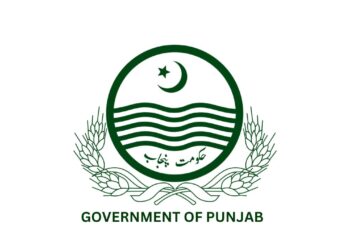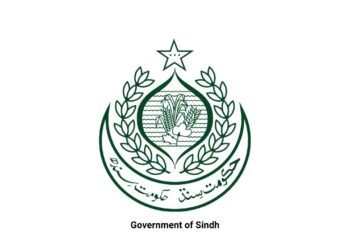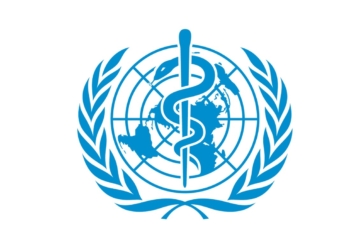In a Pakistani household, dining tables during Sehri and Iftar meals are routinely loaded with all kinds of savories and munchies, which justly add to the charm of this holy month. However, unbalanced diet and consumption of certain food products might welcome a number of unwanted health disorders, messing up the body’s well-being. Hence, check and balance is a must call. And, with that being said, following are some unhealthy sehri and iftar meals items you need to avoid, so as to lead a prosperous and healthy Ramadan life.
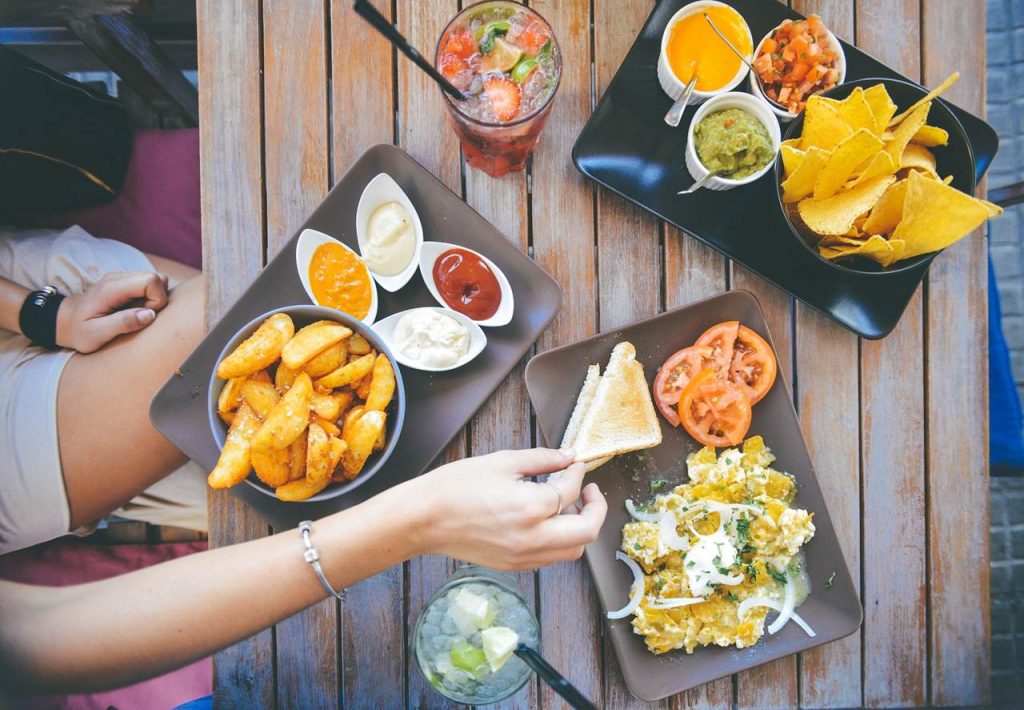
Foods to avoid in Sehri meals
1. Carbonated Drinks

Carbonated drinks are abundant in sugar content which often leads to bloating and acidity, consequently causing indigestion. Other than that, these sweetened drinks also results in obesity and overweight. Hence, cutting on carbonated drinks and other soda beverages from sehri meals is a wise choice and adds to healthy and comfortable fasting hours. Stick to regular water to quench your thirst. For flavors and change of taste, coconut water, yogurt latte and various type of fruit shakes are suggested.
2. Tea and coffee

Tea and coffees are the mandatory sehri element of every Pakistani household. Besides Ramadan, these brews are consumed nearly twice in regular days as well, the reason being their nervous stimulation and accelerated activeness property. Hence, Pakistani population prefers coffee and teas in sehri meals to keep their bodies and temper energetic throughout the fasting hours.
Teas and coffees get their nervous stirring effects from ample caffeine content. However, the same caffeine present in these beverages is also known to be a natural diuretic, which promotes urination and lowers blood pressure.
Hence, consuming tea and other caffeine rich potions during sehri time leads to fluid depletion in the body, which might result in dehydration, low blood pressure, fatigue and unconsciousness. Therefore, these beverages should be taken off from your routine sehri menu.
3. Refined Carbohydrates
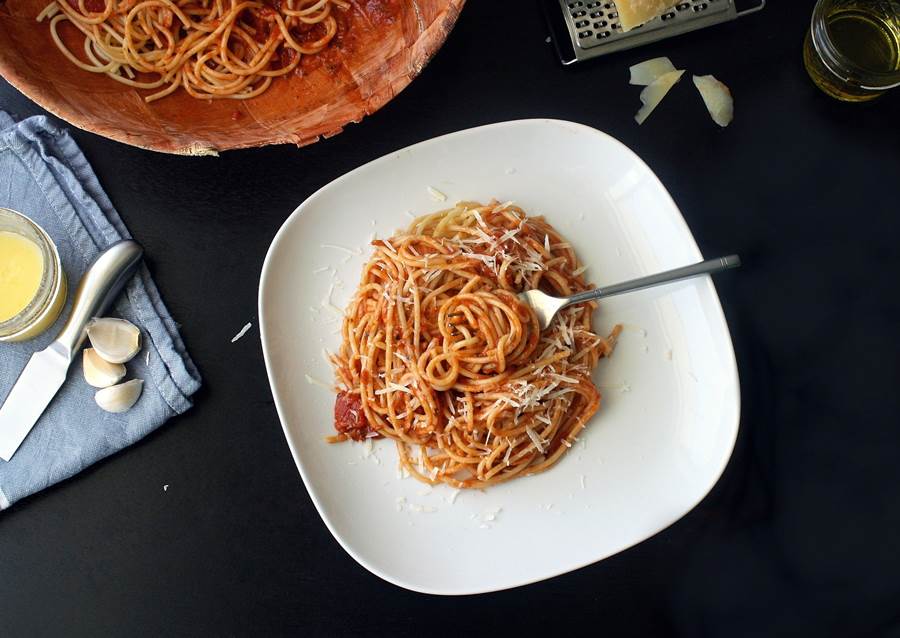
White bread, pizza, doughnuts, pasta, pastries, white rice, and many breakfast cereals are jam-packed with carbohydrates. And, although these might be flavorful and toothsome and a treat to taste buds, opting for refined carbohydrates as sehri meals is not recommended.
Pizza and other carbohydrate rich food products stay in the human body for relatively shorter hours, and are easily digested. Hence, these appetizing foods in sehri might give you a feeling of fullness for a time being, but later on proceeds to fatigue and weariness that lasts whole day.
4. Salted snacks
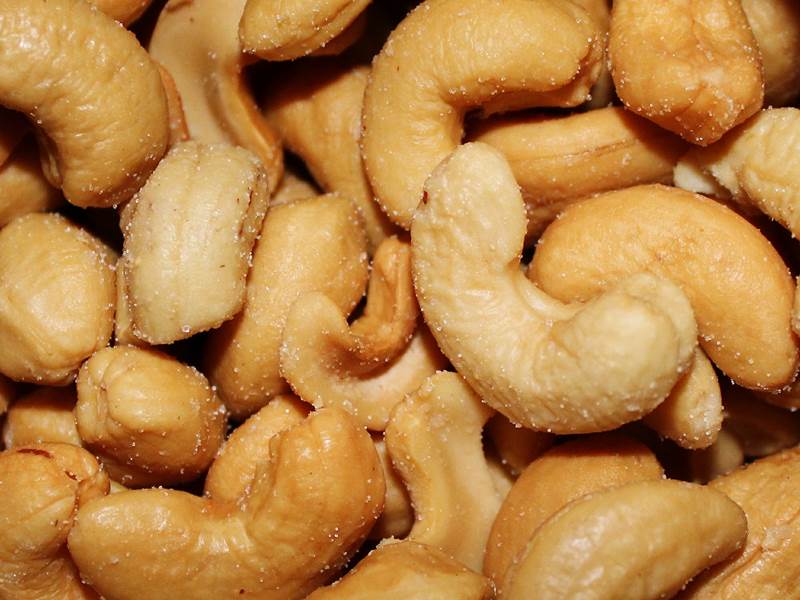
Additional salt intake in the form of peanuts, chips, pickles, sausages etc. increases the balanced salt content of the human body. And, it consequently leads to activation of thirst mechanism, making your thirsty all day.
5. Additional sugars
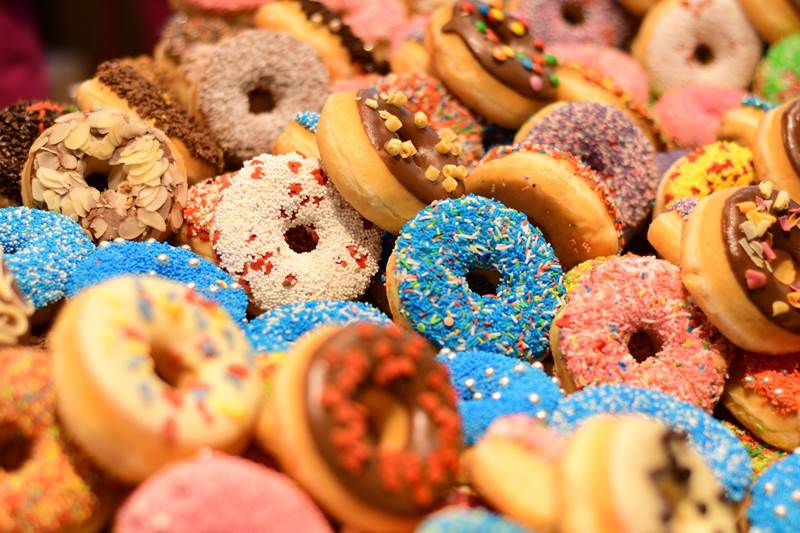
When you consume something with processed or excess sugar, it pumps the insulin in the body leading to fat storage. Also, they will digest faster and make you hungry. So avoid sugars and sweetened foods at Sehri meals. If you need to sweeten something up, try honey or gur.
Read More: Healthy Sehri meals to keep you energized whole day
Foods to avoid in Iftar meals
1. Spicy foods
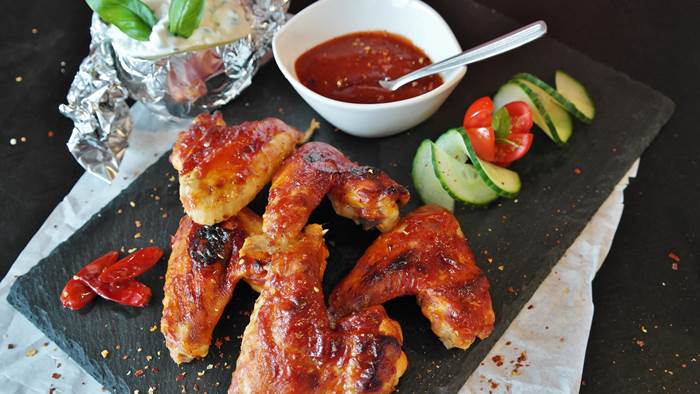
When you break a fast after a more than 14 hour starving, your body is deprived of multiple nutrients, and longing for healthy food. Hence, too many spices when suddenly pushed inside the metabolism might cause indigestion, acidity and heart burn.
Hence, starting off with something mildly sweet like dates or custard etc. and proceeding to spices about an hour later builds up the body’s active metabolism, and reduces chances of Gastro intestinal complaints.
2. Sugars
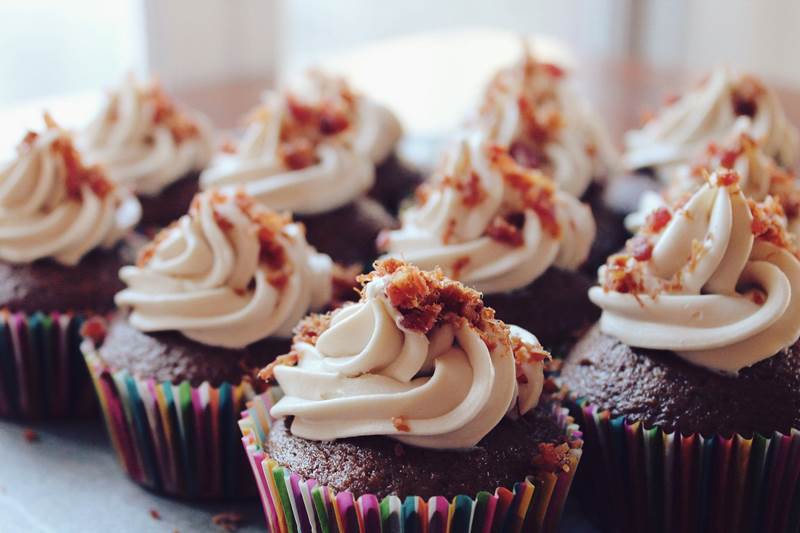
Sugar rich foods like pastries, cakes and other desserts as the iftar meals though adds flavors to your craving mouth, should not be consumed in excess and soon after breaking the fast.
Sugar loaded munchies when added to the famished system stacks up the additional calories, leading to weight gain and other health related issues.
3. Fried items
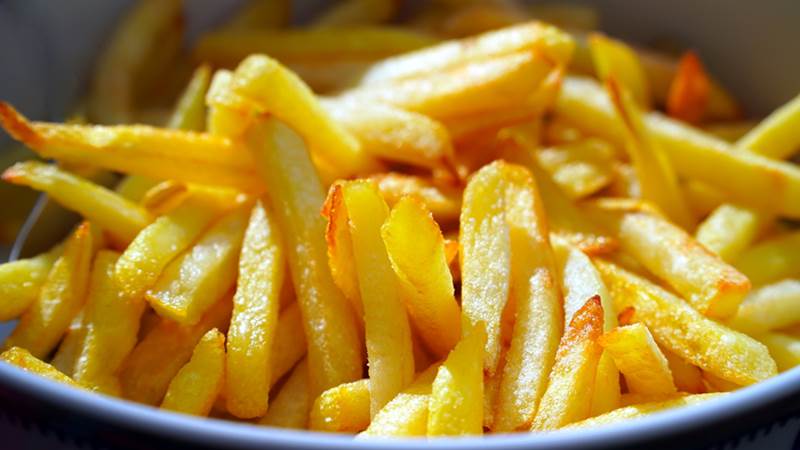
Pakistanis and their obsession with fried items during iftar meals never go unnoticed during the Ramadan season. However, consumption of oily food adds two folds cholesterol to your body, which might result in heart disorders. Other than that, fried items when consumed daily also cause weight gain and obesity.
Read More: Fight pimples with these highly effective foods for acne

